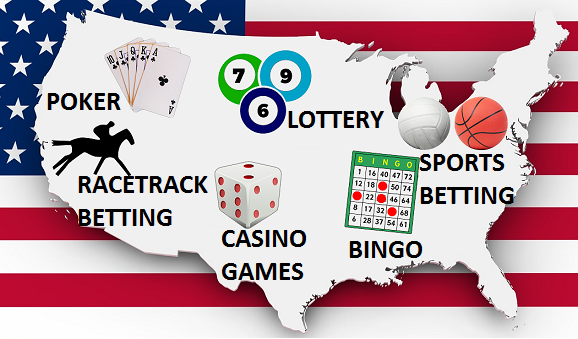Since gambling regulation has a rich history in the United States, we will focus on the legality issues of gambling on American soil.
Gambling on the mainland, as most residents realize, is widely legal in the United States. However, gambling on the Internet is somewhat vague.
With the more recent legal changes, several US states have also legalized Internet gambling, resulting in 100% legal online casinos based in the United States. However, you must consult state law on this matter, as the rules vary by state.
In 1992, parliament passed the Professional and Amateur Sports Protection Act to regulate sports betting in many forms. However, in 2018 this act is considered constitutional, and sports betting has been legalized at the federal level.

In the early 2000s, Internet gambling also began to evaporate. However, the legitimacy of online gambling for US players is ambiguous. Fortunately, in 2011, the Federal Wires Act of 1961 was challenged by Virginia Seltz, leading the Department of Justice to constitute that this action applies only to sports betting. The effectiveness of this has had a disruptive impact on online gambling in the United States. This is followed by a resolution declaring that online gambling is currently legal at the federal level, but it is up to the states to determine their online gambling laws.
Several states, such as Nevada, Delaware, and New Jersey, have acted quickly because of this huge change and aim to take advantage of the ever-growing Internet gambling market. At the time of writing, the laws governing online casinos are still pending in some states, but the process is slowing down, and there may be some time before the US-based online casino States became the main trend nationwide.
However, the future looks bright. In our mind, there is no doubt that US online gambling will boom in the US in the coming years.